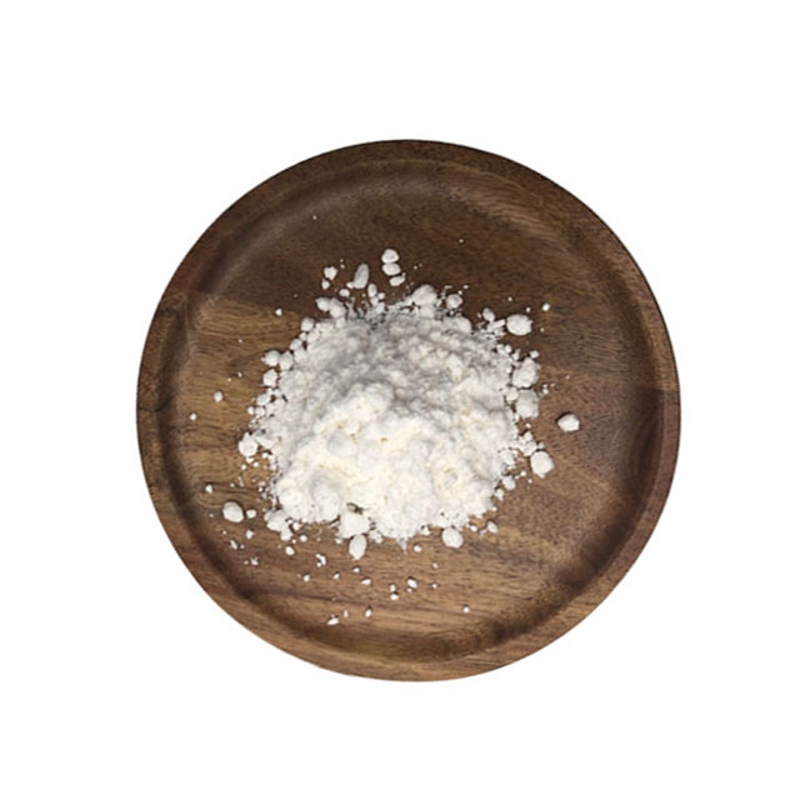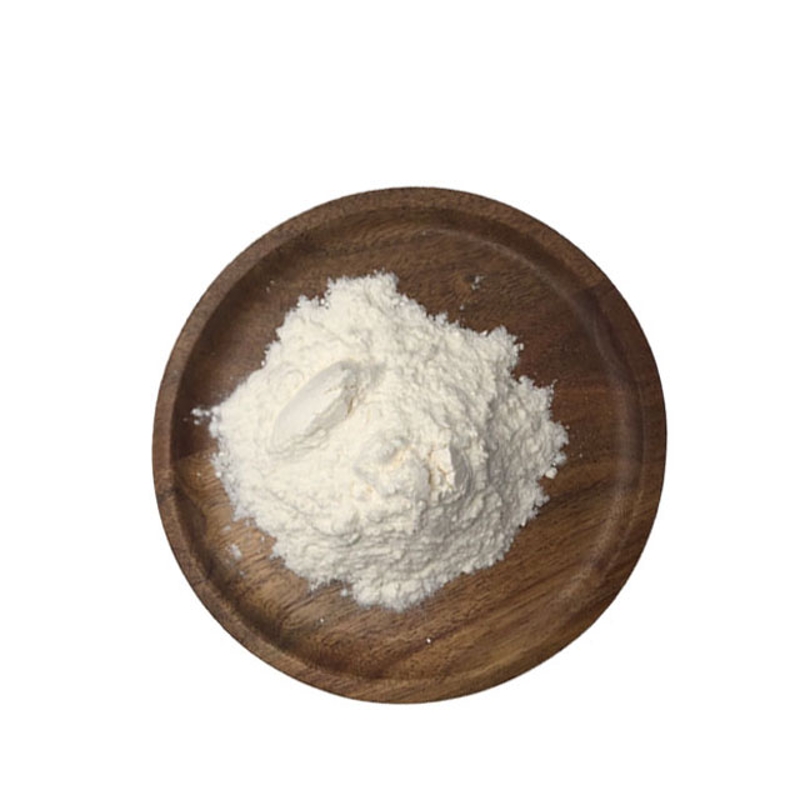-
Categories
-
Pharmaceutical Intermediates
-
Active Pharmaceutical Ingredients
-
Food Additives
- Industrial Coatings
- Agrochemicals
- Dyes and Pigments
- Surfactant
- Flavors and Fragrances
- Chemical Reagents
- Catalyst and Auxiliary
- Natural Products
- Inorganic Chemistry
-
Organic Chemistry
-
Biochemical Engineering
- Analytical Chemistry
- Cosmetic Ingredient
-
Pharmaceutical Intermediates
Promotion
ECHEMI Mall
Wholesale
Weekly Price
Exhibition
News
-
Trade Service
RET fusion mutant non-small cell lung cancer (NSCLC) accounts for about 1-2% of the total number of patients with non-small cell lung cancer.
recently examined the efficacy and safety of selective RET inhibition of Selpercatinib therapy RET fusion positive NSCLC.
This study is a Phase I-II clinical study in which patients with late stage or previously untreated RET fusion-positive NSCLC who failed platinum chemotherapy were involved in the study and were treated with Selpercatinib, with the main endpoint of the study being objective response rates, including full or partial responses.
secondary endpoints include reaction duration, progress-free survival, and safety.
105 patients with RET fusion-positive non-small cell lung cancer who had previously underwent platinum chemotherapy, the objective response rate of Selpercatinib treatment was 64%.
median remission duration was 17.5 months, and 63% of reactions continued to respond during the median follow-up period of 12.1 months.
in 39 untreated patients, the objective response rate of Selpercatinib treatment was 85 percent and 90 percent had a response duration of 6 months.
11 patients with central nervous system metastasis, Selpercatinib had an intracranial response rate of 91%.
The most common level 3 or higher adverse events were high blood pressure (14%), elevated levels of alanine transaminase (12%), elevated levels of tyrosine transaminase (10%), hyponatreaemia (6%) and decreased lymphocytes (6%).
12 (2%) of the 531 patients who died were deactived due to adverse drug-related events.
, Selpercatinib has significant and long-lasting effects in patients with RET fusion-positive non-small cell lung cancer.
.







